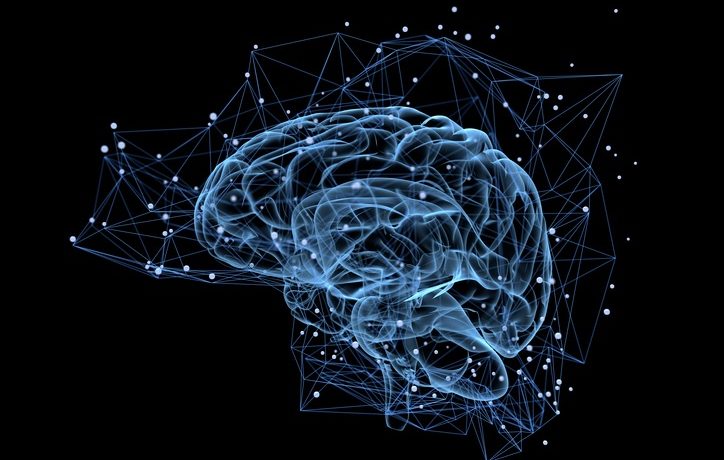neurology
10 Wonderful Professional Advancements for Neurologists

If ever there were a specialty deserving of more recognition, it would be neurology. It’s advancements and accomplishments, while proving every bit as important as those of other specialties, are not nearly as well known.
Perhaps the lack of public accolades is due to the very nature of neurology, which deals with both the tangible–anatomy and bodily function–as well as the intangible–disorders of the nerves and nervous system. Maybe it has more to due with the fact that open heart surgery makes for a more exciting headline than helping a person overcome debilitating migraines.
More likely, it’s that neurologists generally aren’t self-promoters.
Here are 10 wonderful professional advancements for neurologists which have saved and enhanced lives while improving the overall quality of care for people suffering from cerebrovascular disease, demyelinating diseases, headache disorders, infections of the brain, neurodegenerative disorders and more:
1. The Organ of the Mind
In the 2nd century, A.D., Galen of Pergamum started it all with the discovery of the brain as the organ of the mind.
2. Identification of the Transcription Factor Related to Stress
In 1996, Eric J. Nestler and his colleagues identify a transcription factor that determines the lasting ramifications of stress and several classes of antipsychotic medications on the brain, including DeltaFosB.
3. Risk Factors of Major Depression Identified
According to the Anxiety and Depression Association of America, 18 percent of adults in the United States suffer from an anxiety disorder. Thanks to the work of Kenneth Kendler in 2002, neurologists can now identify gene-environment interactions that are linked to the development of mental illness.
4. Proof of the Brain’s Plasticity
In 1998, Bruce S. McEwen set out to prove that stress can cause the human brain to shrink. He succeeded, but more importantly, he also discovered that the effects of stress aren’t permanent.
5. Development of Gene Knockout Technology
In 1990, Mario Capecchi and Oliver Smythies figured out how to eliminate individual genes in mice. The technique is known as gene knockout technology, and it is involved in almost every aspect of modern biology.
6. Alzheimer’s Disease Identified
It is a discovery everyone wishes wasn’t necessary, but it has allowed countless patients to understand what’s happening to them. In 1906, Alois Alzheimer identified the pathology of the neurodegenerative disease that now bears her name.
7. Discovery of Neurogenesis
Until Joseph Altman came along in 1962 and injected adults with a radioactive molecule, people believed that the birth of new neurons only occurred during embryonic development. Turns out the radioactive molecule incorporated into new strands of DNA–later leading to the discovery of radioactive cells, which indicated that new neurons had formed and gave birth to neurogenesis.
8. The Brain has “GPS”
It started in 1971 when Professor John O’Keefe discovered the brain’s internal positioning system. It continued in 2005 when Professors Edvard Moser and May-Britt Moser discovered another part of the brain that acts as a nautical chart. Then the importance of the combined discovery of the brain’s “GPS” system was confirmed when all three won the Nobel Prize in 2014.
9. The Connection between Autism and the Cerebellum
In 2015, Professor Samuel Wang led a study that suggested a connection between abnormalities of the cerebellum and some of the sensory difficulties seen in autism spectrum disorders. This could be a big breakthrough for the growing number of people on the spectrum.
10. Modern Neuroimaging Comes to Life
In 1895, Wilhelm Roentgen demonstrated the first radiograph and began writing a new chapter in the effort of neurologists to more accurately diagnose medical conditions related to nerves and the nervous system. Without his discovery, neurology’s impact on healthcare would likely look a lot different.
—
At Elliot Health System, we value the pioneering efforts of neurologists. Join us.
![]()



Recent Comments